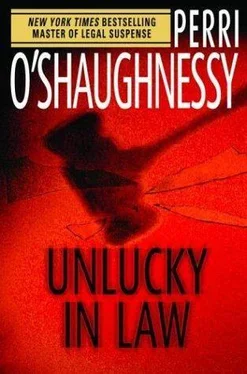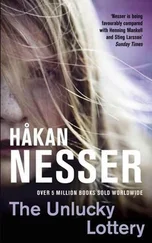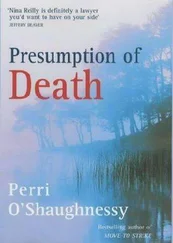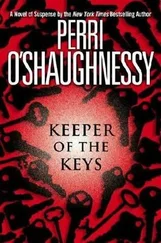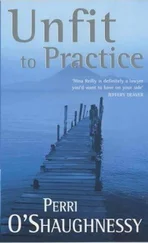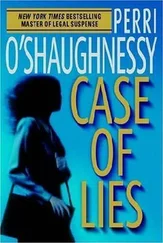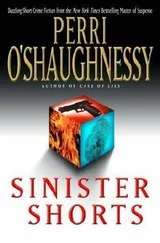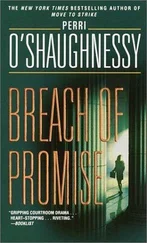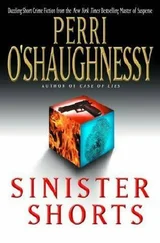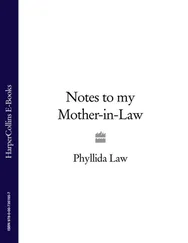“Ah, yes. Papa. A popular man these days.” She licked the tip of her thumb, and flipped through a big green ledger with oversized pages. “Poor man gets more visitors these days than he did when he first died. That’s not the usual trend, you know. I could point you to the general vicinity. He’s over there with all the other Russians, but since you’re here…”
“No computer?”
“Oh, there’s one in the back. We have a Web site, of course. My oldest granddaughter helps maintain it. You should have heard some of the ideas she had about what to put on there! Ghastly stuff. Or should I say ghostly.”
“I can imagine. Grisly?”
She chuckled. “See, I promise you this is quicker than going through all that rigamarole to turn that darn computer on. People fool themselves, thinking computers are the best thing for every purpose.” Her fingers flew through the pages, and within a few seconds she had the page she wanted. “Here we go.” She wrote a note on a yellow pad, then ran her finger to a section of the cemetery over by a high fence. “Let me draw you a little diagram. It’s close to Pearl Street. Have you found the Russian section?”
“No.”
“Their graves are mostly clumped together.” She tore the page off for him.
“Thanks.”
“You’re very welcome. But please, finish your tea. There’s no rush. Kostya’s not going anywhere today, you know. That was Constantin’s nickname.” Now she sat down in the chair, crossed her ankles, and drank some more tea.
Alex Zhukovsky had said his father visited the graveyard frequently. “You knew him, Ms. Peltier? Is it Ms. Peltier?”
“Mrs. Peltier, please. And yes, I knew Kostya. It’s a scandal what happened to ruin that poor man’s peaceful rest, dug up and carted around like trash. It took me months to go by his grave without feeling terribly sad. Of course, all of us here were upset. We thought of having extra guards at night, but really, graves don’t get dug up in the normal course of human events. Dead people aren’t worth anything on earth, only in heaven. It’s shocking, but not something we could have prevented.”
“When did you meet Constantin Zhukovsky?”
“When his wife, Davida, died in 1971, the same year my Harry died.”
“Did you work here then?”
“I did. I was a part-time accountant in those days, and when the manager retired a few months after Harry passed, they asked me to take over. I needed the job, so it was a considerate gesture. Kostya and I were both lonely, and he developed a habit of dropping by. We developed a-kind of friendship during those hard times. Let’s see, he would have been just about seventy or so then, already getting along.
“You see, after Harry died so suddenly, I realized he never really knew me. There were so many things unsaid, and so many secrets we could have shared. I guess I thought we’d have longer, or maybe I thought he should try harder. I was devastated. Death is such an abrupt ending to all of life’s possibilities. Kostya helped me move on. He was such a sensitive, funny man.”
“Kostya came to visit his wife’s grave often?”
“Oh, he really loved that woman. Which is why I was so surprised when…”
“When?”
She set her cup down, clearly flustered. “Oh, dear. I’m sorry, but I hate gossips! I refuse to play that game!”
“He’s dead,” Paul said. “Nothing you can say will hurt him now.”
She sighed. “His son was here recently so that we could inter the remains once and for all. I suggested Kostya be moved to our new columbarium, but he preferred to keep his father where he was. The columbarium is a beautiful new facility we have over near the lake. Have you seen it yet?”
“Not yet,” Paul said, really hoping this was not prelude to a sales pitch for his very own prime spot in the new facility. “I’m curious about something. I’ve been doing some research and I discovered that in many cases, caskets don’t just go into the dirt. They’re embedded in concrete. Is that true here?”
“Correct. The law requires that a mortuary prepare the body properly, and then the casket is set inside concrete in the ground. Has to do with keeping things sanitary. Keeping the water table pure, that sort of thing.”
“By properly, you mean…”
“Embalming,” she said serenely.
“That’s required by law?” How could this nice lady stand the idea? His flesh crawled at the thought of his blood pouring down a metal drain, to be replaced by preservative. Probably floral scented. Was this the work of some sneaky funeral parlor lobby? Or the manufacturer of embalming fluid, possibly. Or the pair of them, in cahoots. Talk about a powerless consumer group in the grip of forces beyond its control.
“Yes.” Seeing his expression, she added, “They’re dead, remember. Can’t be hurt, as you pointed out.”
“But I’ve been following the trial…”
“Oh, what an awful thing.”
“I don’t recall hearing the Zhukovsky grave was lined with concrete.”
“Those were more lax times. The rules have changed since he was buried in 1978.”
“Hmm.” Paul found her remark obscurely relieving. “What sort of man was he?”
“Kostya?” She looked down at the photographs on her desk. “A family man, like my Harry. Loved his wife and children, of course. A very sociable person, outgoing, gregarious.” She laughed. “A big flirt, if you want to know, but it was never serious. I used to make tea for him. He brought his own little jar of strawberry jam to put in it, and we would sit in the back room and chat, or walk the grounds together. He did it to make me feel better, that’s all. It came naturally to him, being kind to a sad widow, loving people as he did. Just the most amazing storyteller! He could make me laugh with the wild stuff he would tell me. Half of it just hokum, probably. Physically frail, of course, always very pale. He was getting on when I knew him.”
“How often would you say he came here?”
She put the ledger carefully back in its place on the file cabinet with the others.
“Dozens of times, even after… oh, heck, I might as well tell you. Who’s to protect? This was all so long ago. I was even young then.” She smiled, shaking her head. “He did get involved with another woman after his wife died.”
“Oh? That’s interesting.”
“But that didn’t stop him from remembering Davida. He always brought flowers for his wife. The groundsman had to chase him off one time. He was digging away, wanting to plant them! That wasn’t allowed even then. Of course, they have to be able to mow and keep things nice. Now her grave and his are mostly gravel, although they were originally grass. You’ll see why when you go over there. He had bought a double grave site framed in concrete. It’s raised slightly above the other graves, and was impossible to maintain as grass now that they ride the mowers instead of pushing them by hand.”
“I’d like to hear what you can tell me about his new lady friend.”
She blushed. “He didn’t want me to know, because he never said a word, but a woman called here once, trying to find him, and-you can just tell when someone has a claim on someone else, you know? I never saw her or heard her name. So that’s my gossip. I’ve fallen from the path of righteousness again today. Such is my fate.”
Paul was starting to really like Mrs. Peltier. She had just handed him a mystery woman to check out. There’s nothing like a mystery woman to a detective. “You say he used to tell you stories. What kind of stories did he tell?”
“About his childhood in St. Petersburg, mostly. I guess he was thinking a lot about those days. I think he had some really happy times. And some very bad ones, too. Sometimes, he got absolutely bleak, telling me. But generally, he liked telling about riding horses, learning to shoot, that kind of thing.”
Читать дальше
